#persian gowns
Text
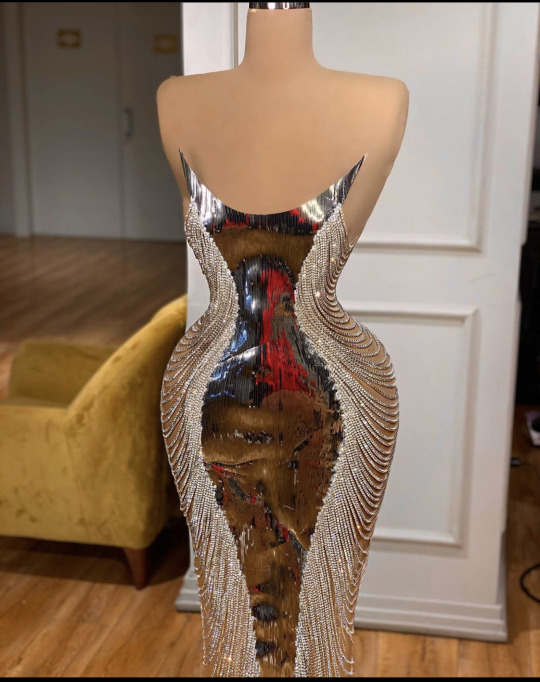

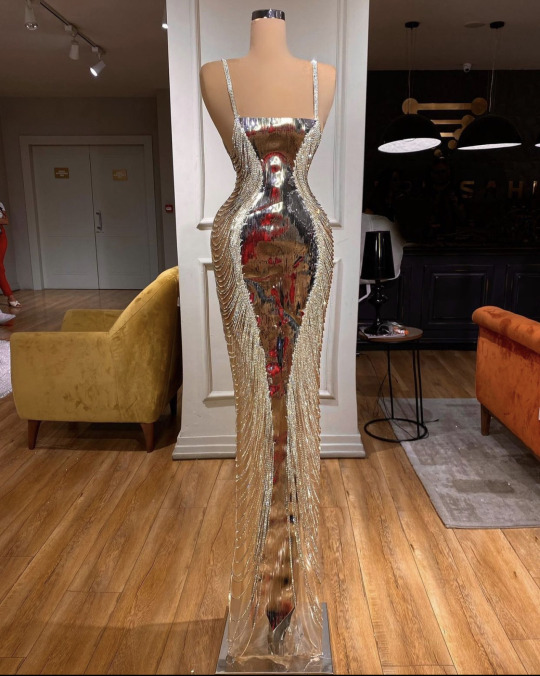

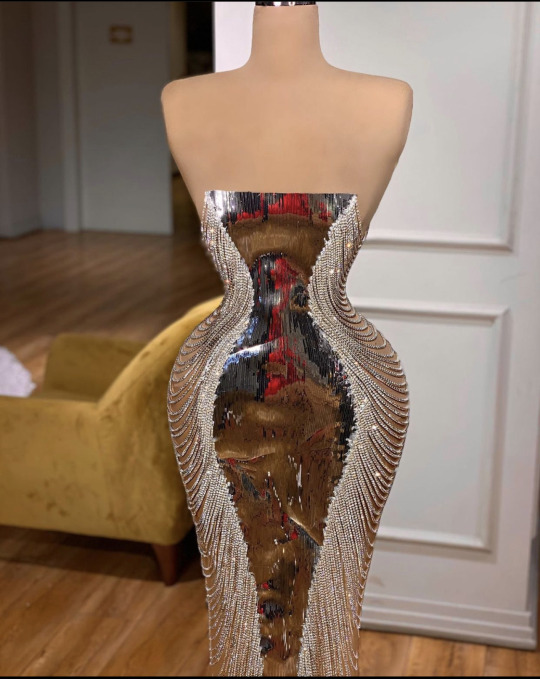
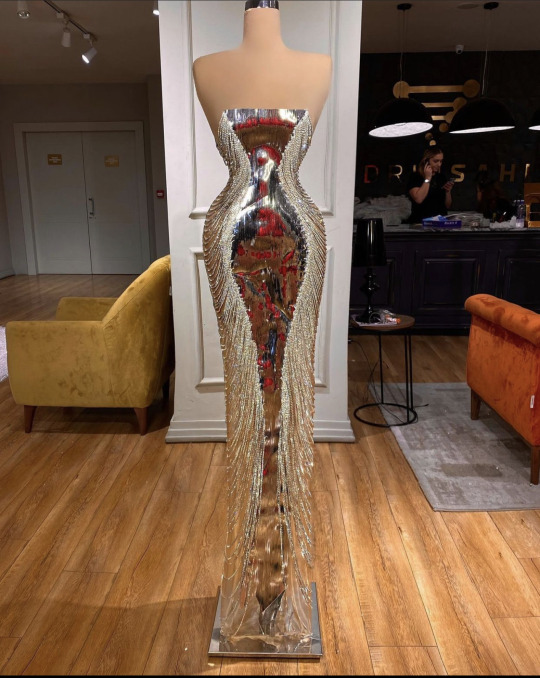


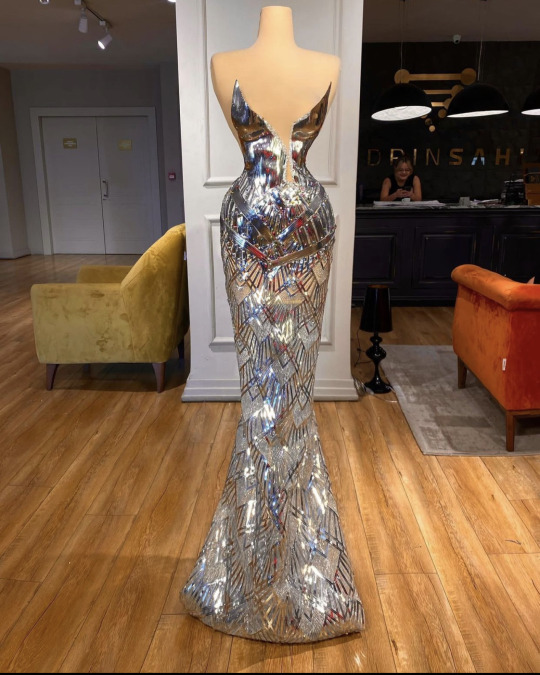

Valdrin Sahiti new dresses.
2 notes
·
View notes
Text

Another fan comic based on @magicalgirlartist's KNPS AU. Following directly on from this chapter.
Kopaka realises that making swords during a fistfight might be just a little messed up.
And also that his reading list is developing a theme.
#Things I Cannot Freaking Draw: 1. Chibis. 2. Satin dressing gowns 3. Persian cats. 4. Kopaka's Stupid Head.#bionicle humanization#bionicle AU#kini nui public school#kopaka#i went through several ideas of how kopaka might plan to transport a dead body to a discreet location in the woods#'freeze it in a block of ice and have pohatu drag it around' was not the most practical one but it was the funniest
20 notes
·
View notes
Text
herlock sholmes and the adventure of the gayass lodgers
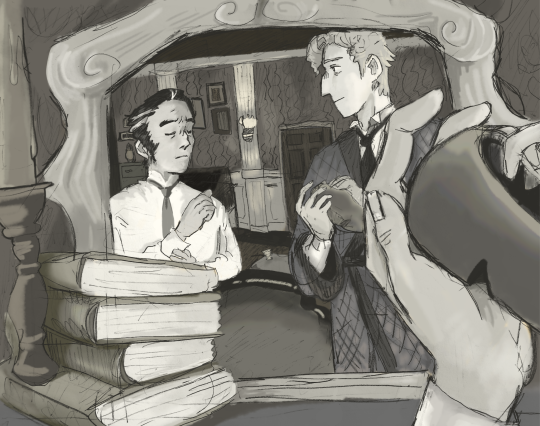
[ID: a greyscale drawing of herlock sholmes and yujin mikotoba. sholmes' hands are visible, and he digs through the persian slipper on the mantel. the mirror on the mantel reflects holmes in his dressing gown looking at mikotoba with a soft expression on his face. mikotoba adjusts his cufflinks, looking tired. the room behind them is also fully rendered. /End ID.]
#has id#ace attorney#aa fanart#dgs#aa#herlock sholmes dgs#herlock sholmes tgaa#herlock sholmes#dgs sherlock holmes#sherlock holmes dgs#sherlock holmes#yujin mikotoba#homumiko
105 notes
·
View notes
Text
Thomastair is Chot's great highlight aren't they?
Alastair stole my heart on this book, and even their drama is hilarious
Alastair self sabotaging: Oh no Thomas we can't, your friends will never accept us, especially Matthew
Matthew: Im actually fine with it bruh. My life is a dumpster fire and I've seen weirder shit happen
James: I'm your brother in law, ding dong
Kit: my crush is currently in jail, I really don't have the moral high ground to judge anyone.And I wouldn't anyway
Alastair: Oh... well, Thomas you couldn't possibly want me, wretched being that I am
Thomas: *being the embodiment of the homer simpson-going-down-a-staircase-on-a- wedding gown meme when it comes to alastair since day fucking one* I want you baby
Alastair: are you sure? Like sure, sure? I'm bad for you
Thomas: I AM SURE, I LIKE BAD (and no, you're not)
Alastair: gay panicking and sweating cause the excuses ran out
Thomas: all ready and willing to spend the rest of his days with alastair and have his persian babies
Sophiedeon: We love you, but BITCH CALM THE FUCK DOWN
#chain of thorns spoilers#chain of thorns#thomas x alastair#thomastair#thomas lightwood#alastair carstairs#matthew fairchild#james herondale#christopher lightwood#sophie lightwood#gideon lightwood#thomas lightworm#chain of iron#chain of gold#the last hours#tlh#tid#tsc chronicles#tsc characters#tsc#cassandra clare
449 notes
·
View notes
Text
youtube
To make a long story short - due to abuse reasons I only found out I was biracial and Mizrahi Jewish in my twenties and I could only come back to because I was so so sure I was not Jewish Enough, that I didn’t know enough. That being patrilineal meant I wasn’t.
But I remember listening to this and feeling as though I was home. In my soul, in my blood and bones - I was home. I am a biracial Mizrahi Jewish woman - Am Yisrael Chai - through my Persian and Syrian Jewish lines through my bio father, I am enough perhaps. And hearing a Persian Jewish musician sing, it made my heart ache and made me feel loved.
I am olive (trees and skin and..) and pomegranates and brown eyes and water and doves. I am a dancer with jasmine and roses twined in my hair and silk and cotton gowns. I am enough. I live. We live.
(I am my dads family too - those who lived in Poland once and then and then but I am Jewish)
#lils personal aesthetic#jewish biracial fairy princess me#jewish things#this is probably incoherent and sappy as fuck applogies#Youtube
77 notes
·
View notes
Text
Dressing gown. Persian slippers. Blood-stained bandage. Last word in men’s fashions
41 notes
·
View notes
Text
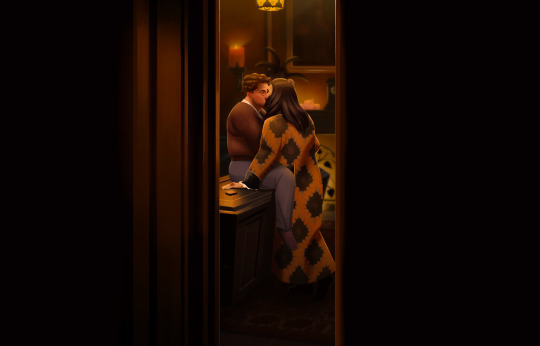
Camera crew catching a sneaky shot of Nandor’s room 👀👀👀
When I tell you that Nandor’s room has SO. MUCH. DETAIL. Don’t know if you knew but Nandor has decorative wainscoting on the bottom half of the walls of his room and it is opulently rendered in slabs of persian marquina. I know that because I drew it up (even though it ended up being mostly in shadow. Anyway. Here is also a close up:
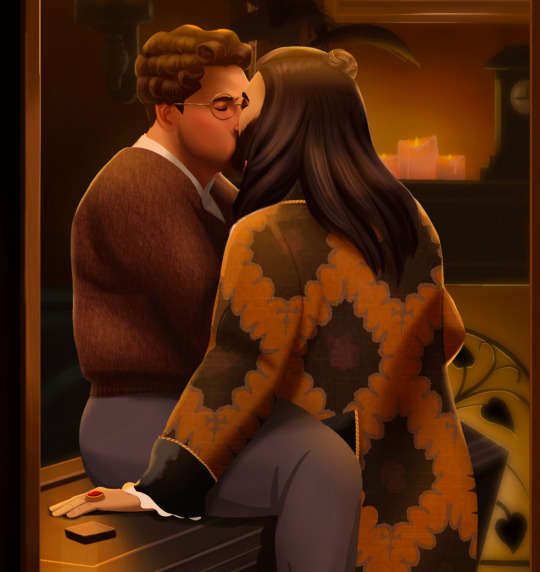
ID: There is a single image; a slightly ajar door is framing a view of the inside of Nandor’s room from the corridor. Inside Nandor and Guillermo are stealing a kiss, Guillermo sitting on Nandor’s coffin and Nandor standing and leaning into him. They are both in comfortable attire; Guillermo in one of his signature sweaters, slacks and slippers, Nandor in his long gold dressing gown with an intricate gothic design. Candles and an open fire light up the room with warmth as they share a moment alone.
#myart#wwdits#what we do in the shadows#what we do in the shadows fx#Nandor#Nandor the relentless#Guillermo#guillermo de la cruz#nandermo#nandor x guillermo#stealing a kiss#camera crew
520 notes
·
View notes
Text
Halcyon Among Hills

Chapter II: The Gardener
Masamune x Reader
Alternative Universe
"Mystery"
Premise: The death of your great-grandfather comes with an inheritance hefty enough to pay off your family's debt. While dealing with the financial matters himself, your father sends you to your great-grandmothers estate, to properly show your gratitude... However, things aren't quite the way they should be.
Word Count: ~700
Masterlist
Content Warnings: none
In a single burst of explosive effort, you spring up, the duvet a civilian casualty in the war against ever-cunning rest. Your feet run up to the window through Persian carpet planes, completely disinterested in any opinion you may have; similarly, your pupils do not care to ask whether you’d like to see the scenery. It is just displayed, a maze of hedges luring you in with the sweetest among floral scents, snake roses peeking their heads from between the leaves to disappear at the faintest of gusts, each petal merely a flicker of vibrance, a mirage.
Quiet peck-peck pecks on the window of your room, each dab of the hard beak pecking away at your dreams until they flutter and fly, tucked safely between the thieving black pinions of a magpie. You open your drowsier than drowsy eyes, still unfocused after the night. You stretch out your arms, press your head further into the pillow, let yourself think of sleep once more, all to realise that something is very much wrong. It is not your bed that you’re in. It is not your room in your flat, in your tenement, on your street. It is —
In a single burst of explosive effort, you spring up, the duvet a civilian casualty in the war against ever-cunning rest. Your feet run up to the window through Persian carpet planes, completely disinterested in any opinion you may have; similarly, your pupils do not care to ask whether you’d like to see the scenery. It is just displayed, a maze of hedges luring you in with the sweetest among floral scents, snake roses peeking their heads from between the leaves to disappear at the faintest of gusts, each petal merely a flicker of vibrance, a mirage. The silk robe hugs itself to your shoulders, fastens its belt on its own. It is not your choice.
You are being summoned.
Oken frame does not even dare sigh as you push it aside, the veranda boards being just as faithful in concealing the faintest evidence of your steps. So you walk. Morning dew clings to your feet, blades of grass a forest at your toes – and you are both a giant and a speck of dust, voracious in your pursuit while being devoured by that which you want. You trample over the daisies, with vines coiling around your arms to drag and drug you with potent lilac. The world a kaleidoscope of roses, lilies, irises, amaryllis, you sink in a storm of peony petals, voluptuous blooms softly caressing your face, each featherlight touch a hedonic elation. You outstretch your arms towards them, all but begging to be engulfed wholly.
“Dontcha go there.”
The paradise shrinks, pushed away by the very sinful act of holding a hand, or much rather, having your hand held… Although perhaps it is that the act itself is what has prevented you from losing yourself. You cannot possibly know, other thoughts occupying your head. A shiver runs up your arm, sways your shoulders like a wave, to claw into you as chilling embarrassment.
“I’m so, so, so —”
“Ha, you’re redder than those peonies now, hahaha.”
Against yourself, you turn towards the man, fully expecting to be pricked by a stern gaze. However, the sprinkling blue of his eye washes away any concerns that trouble you now. Whoever he is, he ruffles your hair, dexterous fingers removing any stray leaves and branches you’ve acquired throughout your walk.
“Now, that’s better. And you are…?”
“I’m… visiting… my great-grandmother…” you stutter out, arms crossed in front of your chest. May at the very least your gown remain closed; the ferocious edge to his smile makes you painfully aware of the state of your undress.
“Ah, so you’re the young lady. I see,” he chuckles. His grip loosens to then disappear. “I’m Masamune, the gardener. Don’t go near the peonies, will you? I’ve just took out the fertiliser this dawn, you’ll get all dirty.”
“F-fertiliser? But the smell…”
“It’s an old recipe. We mix it in here. But, that aside, promise?” He stares at you expectantly, with enough intensity to make up for his missing eye. Your mind races, forcing you deeper into a state of silence.
“Afraid of the eyepatch? And here I was thinking it’s not such a creepy sight… I may have to poke the answer out of you, you know…”
“No! No poking!” You raise your hands. “I understand. I will not go anywhere near the peonies.”
“Good lass,” Masamune chuckles. He turns around on his heel, wipes his hands on his overalls, and then… He just leaves, to tend to plants while whistling to himself.
And you? You have no choice but to wonder what exactly has just happened.
You've seen a typo? Let me know!
Tag List: @lancelotscloak @violettduchess @the12thnightproject @oda-princess @tele86 @rinaririr @cheese-ception @queengiuliettafirstlady @sh0jun @ikesimpleton
Tell me if you'd like to be added to my tag list :)
13 notes
·
View notes
Photo

"She was an extraordinary person. That summer she had no wardrobe, and neither of us had much money. But she took a paisley -- gray, black, and white -- Persian shawl and had it made into an evening wrap. Whenever we were going to any swell place, she would put the paisley wrap over her gown, and she was a knockout. She carried herself beautifully; her hair was cut as short as mine, and she wore no jewelry. Only lipstick. No eye shadow or anything; she didn't need it. People were stampeded by this creature. They thought she was a maharani on the loose."
- Charlie Baskerville, recalling a summer trip to Paris with Kay Francis
218 notes
·
View notes
Text
[WIP] im actually soooo happy with this like its literally my guys

[ID: a pencil sketch of herlock sholmes and yujin mikotoba. sholmes' hands are visible, and he digs through the persian slipper on the mantel. the mirror on the mantel reflects holmes in his dressing gown looking at mikotoba with a soft expression on his face. mikotoba adjusts his cufflinks, looking tired. the room behind them is also fully rendered. /End ID.]
#you KNOW i had to go back to the dance of deduction in 221b to get a reference for the bacl of the room.#because girl i am not doing that shit without a reference.#pepper's pthoughts#has id#my art#herlock sholmes#yujin mikotoba#tgaa2 spoilers#i guess. jic#dgs2 spoilers
19 notes
·
View notes
Text
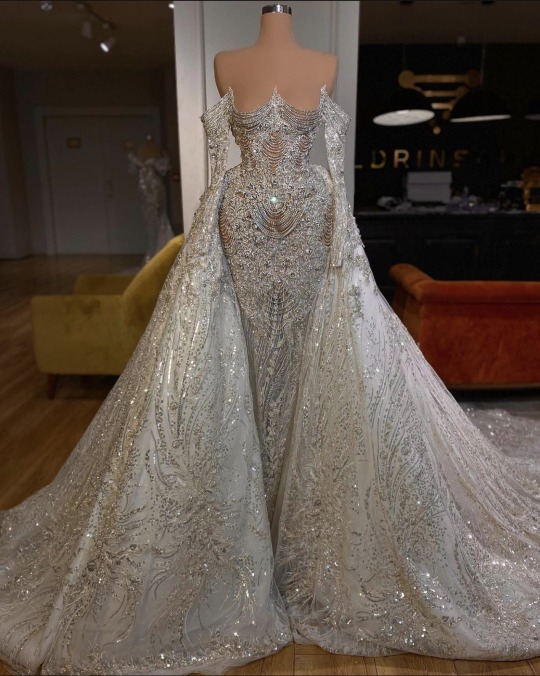


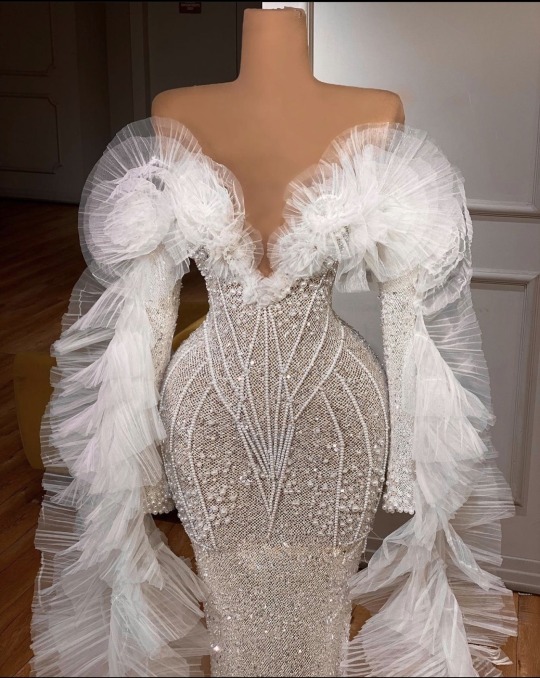

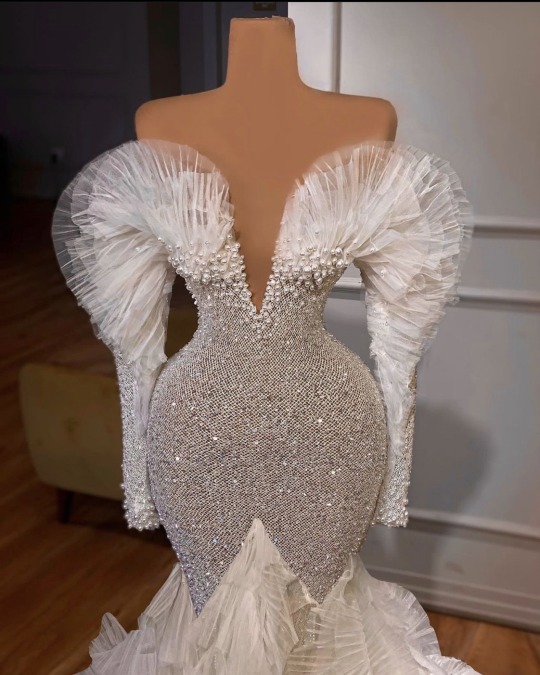
Valdrin Sahiti Gowns.
2 notes
·
View notes
Text

There was a saying, not heard today so often as formerly . .
“What do they know of England who only England know?”
It is a saying which dates. It has a period aroma, like Kipling’s Recessional or the state rooms at Osborne. That phase is ended, so plainly ended, that even the generation born at its zenith, for whom the realisation is the hardest, no longer deceive themselves as to the fact. That power and that glory have vanished, as surely, if not as tracelessly, as the imperial fleet from the waters of Spithead.
And yet England is not as Nineveh and Tyre, nor as Rome, nor as Spain. Herodotus relates how the Athenians, returning to their city after it had been sacked and burnt by Xerxes and the Persian army, were astonished to find, alive and flourishing in the blackened ruins, the sacred olive tree, the native symbol of their country.
So we today, at the heart of a vanished empire, amid the fragments of demolished glory, seem to find, like one of her own oak trees, standing and growing, the sap still rising from her ancient roots to meet the spring, England herself.
Perhaps, after all, we know most of England “who only England know”.
So the continuity of her existence was unbroken when the looser connections which had linked her with distant continents and strange races fell away. Thus our generation is one which comes home again from years of distant wandering. We discover affinities with earlier generations of English who felt no country but this to be their own. We discover affinities with earlier generations of English who felt there was this deep this providential difference between our empire and those others, that the nationhood of the mother country remained unaltered through it all, almost unconscious of the strange fantastic structure built around her – in modern parlance “uninvolved”.
Backward travels our gaze, beyond the grenadiers and the philosophers of the 18th century, beyond the pikemen and the preachers of the 17th, back through the brash adventurous days of the first Elizabeth and the hard materialism of the Tudors and there at last we find them, or seem to find them, in many a village church, beneath the tall tracery of a perpendicular East window and the coffered ceiling of the chantry chapel.
From brass and stone, from line and effigy, their eyes look out at us, and we gaze into them, as if we would win some answer from their silence.”Tell us what it is that binds us together; show us the clue that leads through a thousand years; whisper to us the secret of this charmed life of England, that we in our time may know how to hold it fast”.
“What would they say”?
They would speak to us in our own English tongue, the tongue made for telling truth in, tuned already to songs that haunt the hearer like the sadness of spring. They would tell us of that marvellous land, so sweetly mixed of opposites in climate that all the seasons of the year appear there in their greatest perfection; of the fields amid which they built their halls, their cottages, their churches, and where the same blackthorn showered its petals upon them as upon us; they would tell us, surely of the rivers the hills and of the island coasts of England.
One thing above all they assuredly would not forget; Lancastrian or Yorkist, squire or lord, priest or layman; they would point to the kingship of England, and its emblems everywhere visible.
They would tell us too of a palace near the great city which the Romans built at a ford of the River Thames, to which men resorted out of all England to speak on behalf of their fellows, a thing called ‘Parliament’; and from that hall went out their fellows with fur trimmed gowns and strange caps on their heads, to judge the same judgments, and dispense the same justice, to all the people of England.
Symbol, yet source of power; person of flesh and blood, yet incarnation of an idea; the kingship would have seemed to them, as it seems to us, to express the qualities that are peculiarly England’s: the unity of England, effortless and unconstrained, which accepts the unlimited supremacy of Crown in Parliament so naturally as not to be aware of it; the homogeneity of England, so profound and embracing that the counties and the regions make it a hobby to discover their differences and assert their peculiarities; the continuity of England, which has brought this unity and this homogeneity about by the slow alchemy of centuries.
For the unbroken life of the English nation over a thousand years and more is a phenomenon unique in history, the product of a specific set of circumstances like those which in biology are supposed to start by chance a new line of evolution. Institutions which elsewhere are recent and artificial creations appear in England almost as works of nature, spontaneous and unquestioned.
From this continuous life of a united people in its island home spring, as from the soil of England, all that is peculiar in the gifts and the achievements of the English nation. All its impact on the outer world in earlier colonies, in the later Pax Britannica, in government and lawgiving, in commerce and in thought has flowed from impulses generated here. And this continuing life of England is symbolised and expressed, as by nothing else, by the English kingship. English it is, for all the leeks and thistles grafted upon it here and elsewhere. The stock that received all these grafts is English, the sap that rises through it to the extremities rises from roots in English earth, the earth of England’s history. We in our day ought well to guard, as highly to honour, the parent stem of England, and its royal talisman; for we know not what branches yet that wonderful tree will have the power to put forth.
The danger is not always violence and force; them we have withstood before and can again.
The peril can also be indifference and humbug, which might squander the accumulated wealth of tradition and devalue our sacred symbolism to achieve some cheap compromise or some evanescent purpose.
Enoch Powell MP, Minister of Health, to The Royal Society of St George, London, St George’s day 1961
77 notes
·
View notes
Text


voguearabia: At the Golden Globes last night, Iranian-American actor Sepideh Moafi paid a sartorial tribute to the lives lost and at risk of capital punishment amid the protests in Iran after Mahsa Amini’s death. The actor wore a sequined gown adorned with a red flower at the hip, both created by Iranian-American designer Amir Taghi. The rosette featured the names of the martyrs in Persian calligraphy by Haus of Milad. "The dress has many stories, but the most important of which is this flower, which represents a blooming new Iran during this revolution," Moafi said.
70 notes
·
View notes
Text
Finger Grease - Pierre Bezukhov x Reader
A/N: I have never written nor posted any kind of writing online... I have no idea how this shit works but I had fun writing it! It's all a little bit silly but I'm a sucker for Pierre so... why not?
Words: 902
Warnings: none
Summary: You finally find a way to express your feelings to Pierre. Now all you have to do is wait.
-----------------------------
You entered the parlour quietly, stepping lightly over the Persian rug. The envelope was tightly clutched in your hand, paper crinkling with your vice grip.
Pierre was not in, this you knew. He was out of Moscow for the week and this was your opportunity to plant the seed. To give him the push he needed.
You had loved Pierre for years, through all the hardships and scandal. Through everything. He was a star shining bright in your dim life.
You couldn’t be sure if Pierre returned your affections but you had seen glimmers of hope. Lingering touches; longing glances, they had to mean something.
Taking a deep breath, you placed the envelope on Pierre’s desk, reciting the poem in your head.
I witness the glare of daylight on the circle lenses of your small spectacles.
If I could, I would lick the smudges of finger grease off of the glass
put on by your own delicate hand
just to have a part of you inside of me.
How I long to have your ever stoic mouth pressed to my equally patient brow.
Would you take the time to kiss in between each eyelash?
Oh, how sweet,
How sweetly I love you.
You weren’t much of a poet but the words were true. You’d seen him at the last ball, pushing his glasses up the bridge of his nose and spotted the fingerprints on the lenses and something carnal had burned inside, you knew you had to tell him– no matter the consequence.
The letter was placed, now all you had to do was wait.
It had been two weeks of waiting. He must have read it by now, there was no way he hadn’t. Your heart sank.
Your hope for requited love had been futile.
As the days passed, you would lay in bed and move very little. Your mother told any visitors you were suffering deeply with melancholy, though she did not understand why.
Until two weeks and three days had passed.
You heard your name being called frantically from the foyer, a voice you recognised being the culprit.
You wrapped your silk dressing gown around you and scurried quickly out of your room, thundering down the stairs.
As you descended, Pierre’s large, ungainly frame came into sight. He looked almost manically at you, his eyes brimmed with a certain fervour you had never seen before.
You stood still, heart pounding against your ribcage– aching to be closer to Pierre.
He took a step closer and you dismissed the servants in the room with a subtle wave of your hand.
Pierre breathed your name raggedly and gently took your hand into his, sending a thrilling jolt down your arm.
“Was it truly you? The poem? D-did you really write it?” He spoke hesitantly, as though afraid of your response.
You gave a slow nod, your face flushing with embarrassment.
“Yes. It was me. I thought,” you paused, heaving a sigh, “I thought there was no better time than now to tell you.”
At this, Pierre gasped and dropped to his knees; his hands were clinging to your nightgown.
You cautiously placed a hand into his thick hair, weaving the strands through your fingers.
Pierre peered up at you from his position on the floor and grinned widely.
“Do you have any idea how long I have been waiting for a sign of your affection, my dearest friend?” He was shaking his head, smiling as he spoke, “Ever since I first saw you I have craved you. Are you truly saying you return the sentiment?”
Pierre whispered the last sentence, almost muttering to himself but the words found your ears.
“Yes.” You said confidently, taking Pierre’s hands off your nightgown and pulling him back to full height.
He brought his face close, his nose positively brushing your own and breathed warmly onto your lips.
A large hand came to your flushed cheek and another came to rest on the side of your neck, the fingers fluttering at the nape.
You gazed up at his face and your eyes halted at his inviting lips, mere inches from your own.
“My Dear,” Pierre purred, bringing his mouth to yours and kissing you ardently– the shock of it causing a gasp to escape and creating the perfect opportunity for Pierre to lick into your mouth. Your hands grasped viciously at his overcoat, clenching and unclenching the fabric as you worked your way up to his collar.
You both continued to kiss passionately, the only noises being the wet sounds from your mouths and the light gasps and moans in your throats.
When the need for air became unbearable, you both pulled away– though not so far that your foreheads couldn’t rest upon each other.
Pierre looked deeply into your eyes and for a long moment, you both stood still in each other's arms taking everything in.
Then, Pierre’s head shifted slightly, and the sunlight shined on his glasses just so. Those prints of finger grease held your attention; you subconsciously brought your mouth to the glass, darting out your tongue teasingly and following through with your poetic promise.
Pierre jumped back and giggled airily, looking adoringly at you before taking off his spectacles and wiping them on his coat, still chuckling.
Once the frames were placed safely back onto his head, he ducked down to your lips again and whispered,
“I love you, too.”
#pierre bezukhov x reader#paul dano x reader#danonation#paul dano#danocel#pierre bezukhov#war and peace
109 notes
·
View notes
Photo
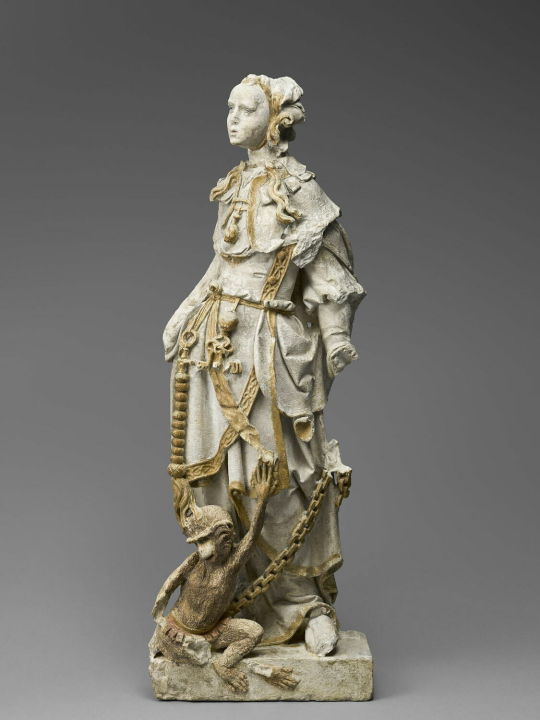
This was once thought to be a statue of Saint Genevieve, but has since been recategorized as the “Persian Sibyl”. The description takes pains to note that while there was some restoration work done on the Sibyl, the worst has been removed and the monkey is, in fact, original to the piece.
[ID: A statue of a woman in a layered gown, adorned with various gilt touches and borders; she has her hair pulled back and her face is contemplative, bordering on sad. There is a stump behind one of her legs, with a chain running from the stump to a belt worn by a small monkey, who is reaching up to grasp her dress, his face turned away from her.]
33 notes
·
View notes
Text
When the Longing Returns (Phantom of the Opera 2004 Fanfiction) || Erik x Christine
Ch. 3 Author's Notes
Read the Fic here on tumblr on AO3
◇ Prior to that, she'd only ever seen him in his cloak, or a banyan, or his bulky (but perfectly tailored, though several years outmoded) suit.
A banyan is a kind of housecoat or dressing gown. This would more accurately refer to the more Persian-influenced robe that Erik wears in the stage version, but can also apply to the style he wears in the movie


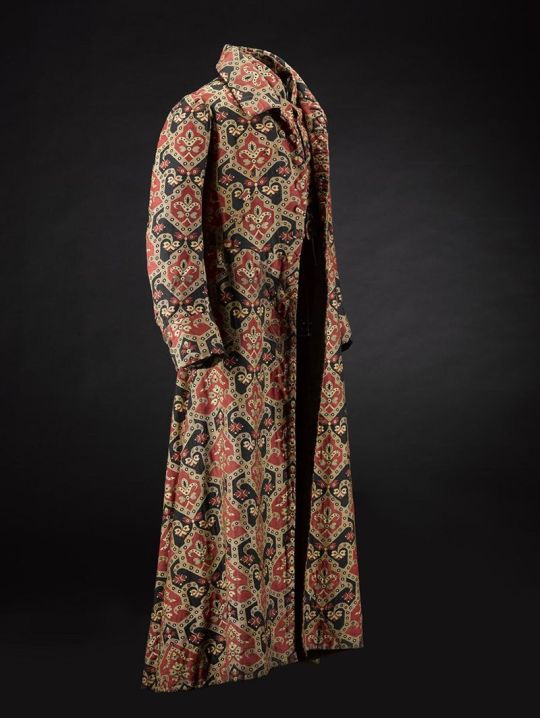
◇ All of her fear, her terror, had just been the telltale signs her of love for the Phantom. An exquisite kind of love which thrilled her, and which she could not, then, bear to admit to herself.
This is a direct homage to the novel. In Chapter 12 "Apollo's Lyre" Raoul accuses Christine: "Why, you love him! Your fear, your terror, all of that is just love and love of the most exquisite kind, the kind which people do not admit even to themselves... The kind that gives you a thrill, when you think of it..."
This was a situation where a phrase of the book lined up freakishly well with my interpretation (even if taken in a slightly different context), because this passage describes almost exactly how I chose to characterize Christine's attraction (and her denial of it) to Erik. Though this is one of Raoul's ugly, jealous moments, he's not wrong. The concept of Christine embracing this attraction that she's been denying is, after all, the whole impetus of my story.
◇ Her rich sweetheart grown fine and handsome, with the promise of a life of stability and comfort... wouldn't he make a such perfect prize?
A self-indulgent reference to "Sister of Night" by Depeche Mode, which inspired the title of this fic
Sister of Night
With the loneliest eyes
Tell yourself it's alright
He'll make such a perfect prize
◇ It had only taken a fraction of these perturbations, exposed to the cold light of dawn, and faced with the Phantom's kindred, passionate tenderness, for Christine to realize her folly in accepting Raoul's proposal.
A continuation to the previous note; this is a reference to the next line in the song:
"But the cold light of day
Will give the game away"
◇ No, Raoul, please don't, she thought as he did so. It was exactly what she'd said the night before, at the ball, when he'd leaned in to kiss her.
Fun fact: I completely forgot that this is exactly what she says at the masquerade--I added the acknowledgment of it in a very late draft after watching the scene again.
◇ He lifted her hand now, kissed it and held it, his thumb rubbing over the empty spot on her ring finger ruefully... as if he hoped, by repeating the motion with enough force and will, he could bring the ring back.
This passage could easily be a reference to Leroux. In Chapter 13, "A Master-Stroke of the Trap-Door Lover", Christine realizes that the gold ring Erik made her swear to always wear as a condition of her freedom is missing. She begins to anxiously rub her finger "as if she hoped to bring the ring back like that." It's wonderfully synchronous with what I wrote Raoul doing in lamentation of his stolen ring. However, as with Christine's oddly strong grip in Chapter 2, I wrote this passage before even reading the book.
◇ Christine didn't want to encourage this hovering and she would much rather take her lunch in the refectory than have it brought to her here.
I completely pulled this concept out of my ass. I have no idea if there's a precedent for a common staff dining hall in an opera house, though I figured it stood to reason there would be one if there are dormitories that house residents
◇ She pulled on her petticoats, corset cover and a white blouse before the dark blue skirt.
Exactly what it sounds like: a kind of camisole worn to soften the hard lines of the corset boning and protect the blouse or bodice of one's dress from catching on the metal hooks or studs on the front of the corset
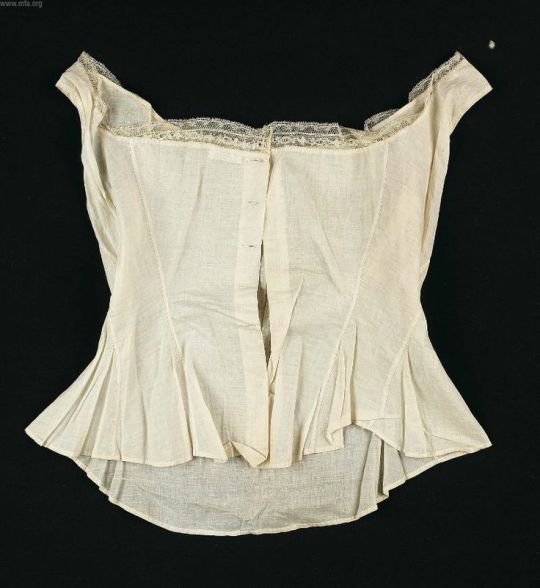
◇ Christine was no longer merely a ballerina in the corps--she had, after all, been given several singing roles in the time since gala night: Stefano, the page in Roméo et Juliette; one of the 'Three Ladies' in The Magic Flute; Brangäne, the maid in Tristan und Isolde; and, most recently, Siebel in Faust which Carlotta had mockingly told her was "quite the coup". All minor roles: trainee roles.
All but one of these Operas are name-checked in Leroux's novel: Erik is once mentioned to sing the Wedding Night song from Roméo et Juliette by Gounod; a critic notes Christine's performance as the Queen of the Night in The Magic Flute by Mozart as one of her triumphs; Faust (also by Gounod) is a central motif of the whole book, and is the production in which Christine takes Carlotta's place as the tragic ingenue Margarita. Prior to Carlotta's being indisposed, Christine had been playing the role of Siebel, a minor "breeches" role.
The outlier mentioned is Tristan und Isolde by Wagner. I really just needed another opera with a minor role for Christine to have been shunted into, and this had one, but I thought to look into it because of its references in The Bloody Chamber by Angela Carter, which I was reading for inspiration at the time of writing this chapter. The short-story is an incredibly voluptuous and vivid take on Bluebeard, which is once referenced by Erik himself in Leroux's novel. Just a coincidence, and not a very shocking one, considering its one of France's best known fairy tales.
◇ Christine knew it was Carlotta's doing; she had connections who could influence the managers...despite coming up from rather tawdry roots, Carlotta was, at least, a singer and had, upon her discovery and elevation, been conventionally trained by renowned vocal coaches before making her debut.
Another reference to Leroux. I've leaned heavily on the novel for gapfiller here. Because of the Musical's fast pace, the passage of time between the Masquerade and the rehearsals (in the play) and performance (in the movie) for Don Juan Triumphant seems to be very immediate (as was the jump between Hannibal! and Il Muto), but a new production can't go on overnight, or even within a week, so I've got time to fill and I needed details. Carlotta's active campaign against Christine in the novel (as well as her influential friends and history as a brothel singer) was omitted from the Musical, but I wanted to include it here.
◇ Christine's mysterious and, apparently, sudden genius had not made her popular with the other singers who felt they had been passed over for their chance at a breakout role in Hannibal ... in favor of this sneaking 'Northern Fairy' who had snatched the lead role without ceremony.
A paraphrase of "fairy of the North": this epithet is used at least once in the novel in reference to Christine as a perceived coquette--from Raoul's perspective. It underlines themes of xenophobia and classism that were rather idealistically (though understandably) glossed over in the musical.
◇ She was on very good terms with the seamstresses, the carpenters, the sculptors, the painters, the shoemakers and so on, whose legends of the Opera House (those far pre-dating the infamous Ghost) she had always enjoyed listening to--and they delighted to have such a youthful and interested audience for their tales.
Christine’s seemingly comprehensive knowledge of the upper world of the Opera house (referred to as her 'empire' as much as its underworld is Erik's) and her popularity among its humbler denizens is an aspect of her character in the novel that I wish had found its way into the musical.
◇ "Well, it's a good thing most everyone else had gone to mass before he did, because otherwise they would all be talking about you..."
The movie's opening timestamp on the 19th century action is '1870'--probably in about October (maybe right after Christine's birthday?). We're going to ignore why, historically, that's a problem (go search "Franco Prussian War", "Seige of Paris" and "Paris Commune" for more details--but its especially egregious since all of those events actually had a huge impact on the real life inspiration for the Opera Populaire, the Palais Garnier which is specifically named as the setting for story in Leroux's novel. Leroux even mentions these events several times throughout the story).
This date, and the fact that the Ball Masque is "a prelude to a bright New Year" mean that Christine's trip to the cemetery (and thus the events of the first three chapters of this fic) take place on New Year's Day, 1871, which was a Sunday. Incidentally, if one follows the more realistic date of the play (which begins around June, 1881--the same year as the novel), this would be New Year's Day, 1882--which was also a Sunday.
◇ Meg gasped quietly, her sloe-eyes widening.
More Leroux. Meg's physical appearance in the book is a bit different to the play, where she is usually blond. She is dark-haired and sallow in the book, with "eyes as black as sloes" (as opposed to her rival "little Jammes" who is fair-haired and blue-eyed, and who is critiqued harshly alongside Carlotta in one of Erik's notes).

In case anyone doesn't know, sloes (pictured above) are a plum-like fruit and "sloe-eyed" is a common antiquated term for large, dark eyes. While she's also blond in the movie, Meg (Jennifer Ellison) has the large, dark eyes of her book counterpart, so I wanted to throw this in, since it fits.

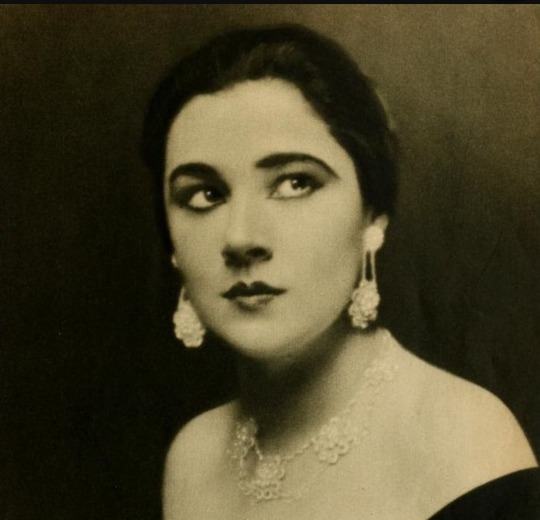
Silent film actress Nita Naldi is a prime example of a sloe-eyed beauty (i had this pic on my phone already. I have a crush on her. its fine don't worry about it.)
◇ Afterward they had washed their sticky fingers clean by spending the afternoon gathering snow balls in the Bois

The Bois de Boulogne, a fashionable park in Paris and the nearest park to the Opera Garnier. In the novel, Erik takes Christine on moonlight carriage rides here.
◇ She had two bars in the bag for her toilette: one was the French lavender soap Raoul had regularly gifted to her (one of his few useful gifts), which was very fashionable. The other was a bar she had not touched in months, a modest honeysuckle scent which had previously been her customary favorite, as it reminded her of the home she had left so young.
Wild Honeysuckle (Vildkaprifol in Swedish) is native to rural Sweden and has been the provincial flower of Bohuslän since 1908.

I'm not sure it would yet have been an accessible scent for soap and perfume at this time, but I'm capable of taking creative liberties when I want to.
I put this in opposition to Raoul's very common and fashionable French Lavender 1) because I think Lavender is overrated, 2) because this is yet another example of Raoul showing how very little actual thought he puts into his gifts.
◇ A bunch of painted roses on a pasteboard scenery for Margarita's garden made her think of the roses she had taken to the cemetery that morning for her father, which she, overcome by passion, had left laying rather unceremoniously on the steps of the mausoleum when she had stood to approach the Phantom.
Confession time: this absentminded dummy (the author) completely forgot that Christine is carrying a bunch of roses in the cemetery, and thus forgot to mention them in Chapter 1. We like to be thorough on details here, and this was a really nice way to give Christine an excuse to visit the chapel so our thirsty asses (Christine's and mine and, I assume, all of yours) could get just a tiny little drop of Erik in this otherwise parched and Erik-less chapter--an idea I had almost decided to completely cut because I couldn't think of a good reason for her to go. Funny how one's cock-ups can turn out to work in one's favor...
#poto fanfiction#phantom of the opera#erik x christine#eristine#poto 2004#the phantom of the opera 2004#phantom of the opera 2004#authors note
27 notes
·
View notes